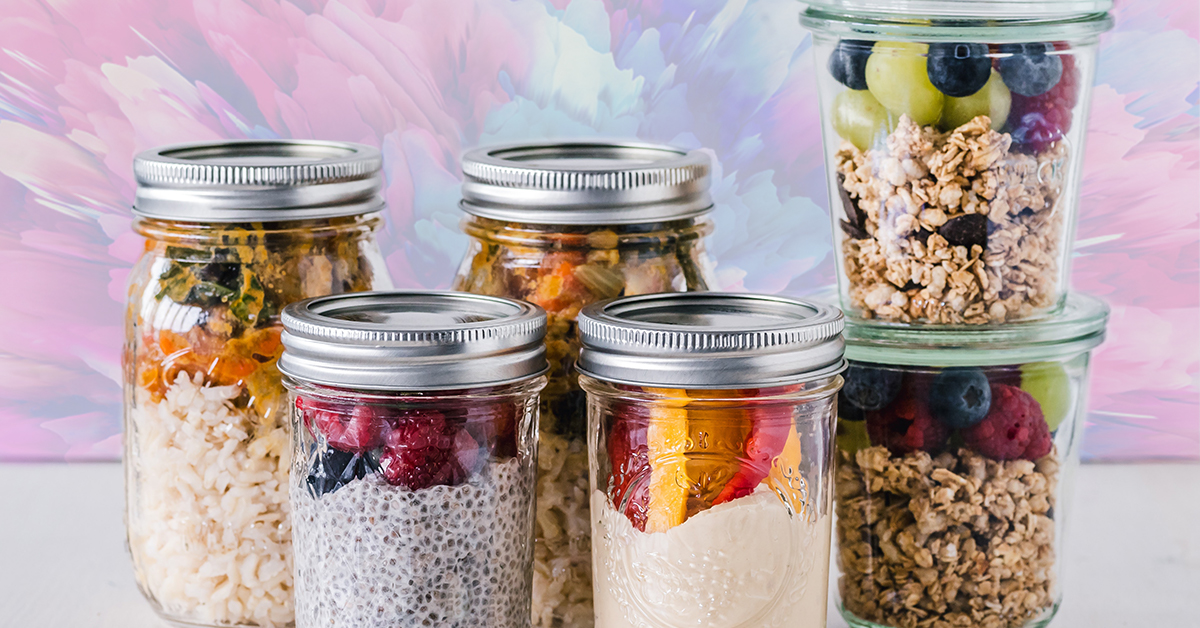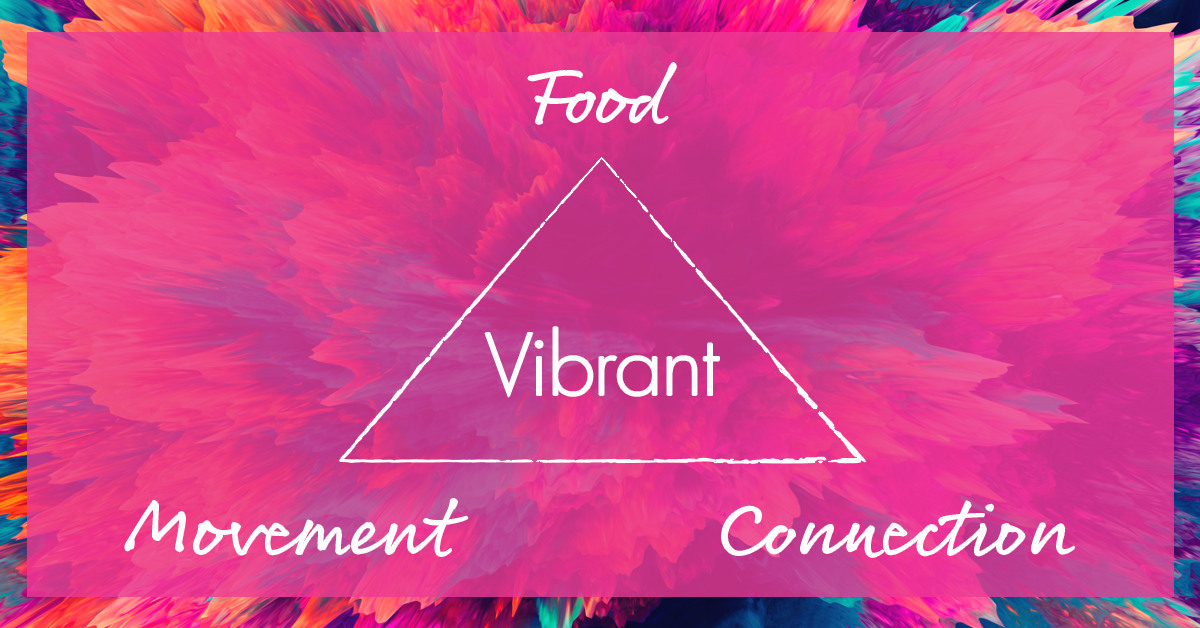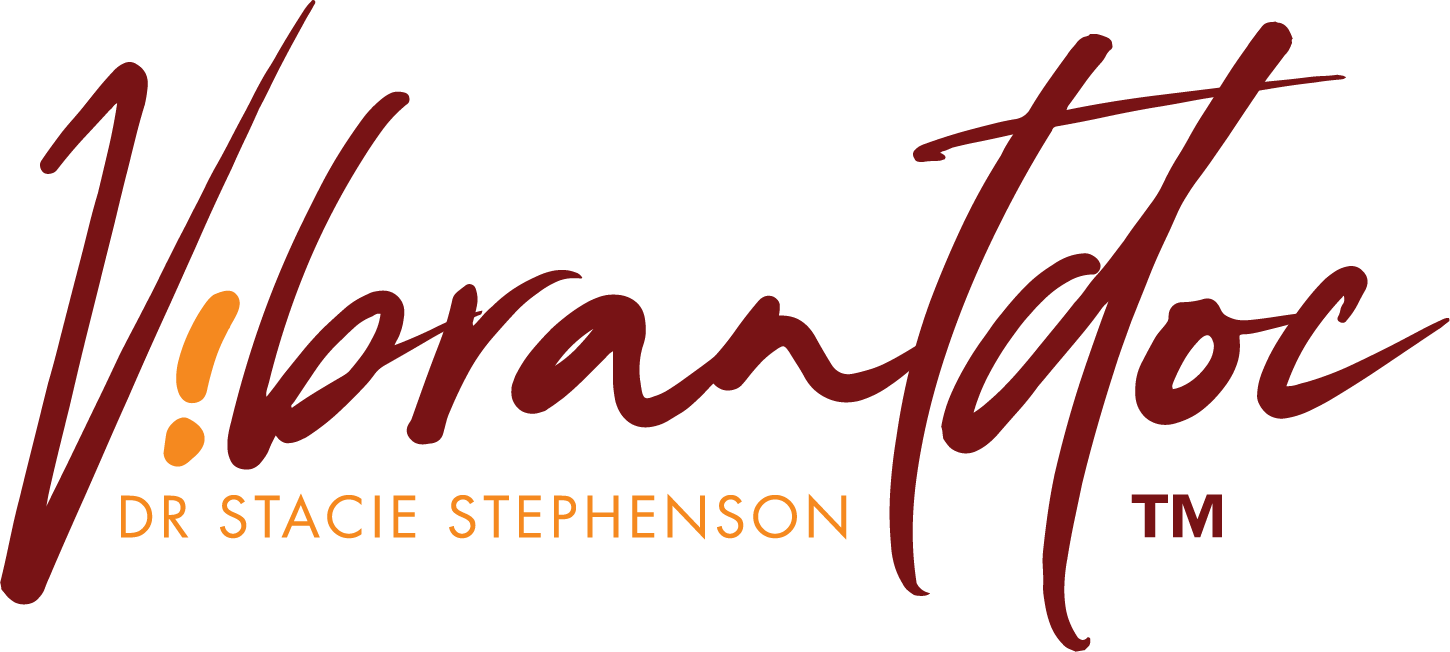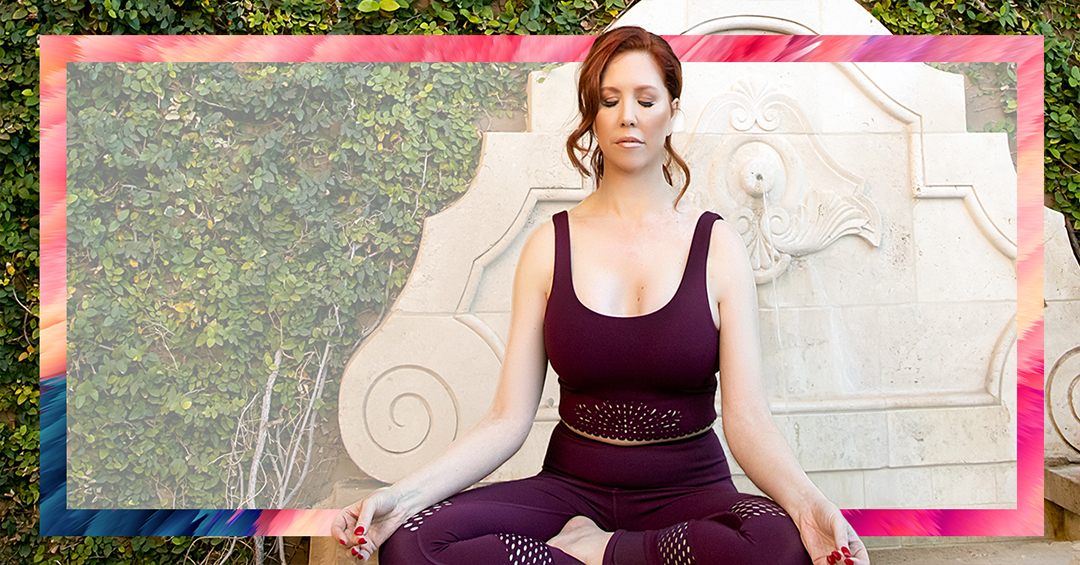It’s Mental Health Awareness Month, and I’ve been pondering the mental health state of the world after a few long hard years of social distancing, isolation, decreasing diet quality, and more sedentary living. Really, the pandemic has been a recipe for a mental health crisis, and sadly, that’s just what we’ve seen. According to the CDC, in June of 2020, symptoms of anxiety and depressive disorders were up significantly from the year before, and especially in young people (ages 18 to 24), minority/ethnic groups, unpaid caregivers, essential workers, and men, there was a big increase in those reporting they had seriously considered suicide and/or had started or increased substance use (alcohol and/or drugs) to cope. The marriage and divorce rates have both dropped likely because of a lack of economic resources and the presence of financial insecurity (probably not because the pandemic has improved so many marriages!) and tragically, child abuse has become more common, which researchers largely attribute to job loss. There is no question: Mental health in the U.S.—in the world, for that matter—has become a bigger problem than it was before.
What can we do about it? There are many answers to this question, involving social services, access to counselors, the restoration of employment, and many more things the individual probably can’t do much about. The good news is that there are also some pretty powerful solutions anyone can do something about.
In my book, Vibrant, I highlight the Vibrant Triad, which is the way I conceptualize the most basic foundations of health: food, exercise, and connection. Foundations are important, not just for physical health, but for mental health, as well, and the Vibrant Triad is one of the most powerful ways to intervene into mental health and mood issues. Depression, anxiety, panic disorders, post-traumatic stress disorder, obsessive-compulsive disorder—these are not just psychological. They are significantly impacted by all three parts of the Vibrant Triad. The physical and mental are intimately interconnected, influencing and communicating with each other all the time, and the foundational elements of the Vibrant Triad are, therefore, essential for mental as well as physical health. Let’s break it down.

How Diet Affects Mental Health
Although some of us in integrative medicine have known this for a long time, mainstream medicine is finally starting to legitimize the connection between nutrition and mental health. Isn’t it common sense, that what you eat would influence how you feel? Nutrients are what impact your microbiome, your hormone balance including your stress hormone production, and your production of neurotransmitters like serotonin, dopamine, and oxytocin. A 2008 study of the links between nutrition and mental illness noted that patients suffering from mental health issues like depression, bipolar disorder, and obsessive-compulsive disorder tend to be deficient in many essential vitamins, minerals, and omega-3 fatty acids, and that supplementing with amino acids was effective in reducing symptoms, since these are converted into neurotransmitters that can alleviate depression and similar issues.
A Japanese study showed that the consumption of vegetables, protein, calcium, vitamin D, carotene (an antioxidant in some vegetables like sweet potatoes and carrots), and polyunsaturated fatty acids (plant fats), among other things, correlated with less depression and better mental health. A 2010 study correlated a “western” diet “of processed or fried foods, refined grains, sugary products, and beer” with greater risk of major depression and anxiety disorders, while showing that a “traditional” diet of “vegetables, fruit, meat, fish, and whole grains” was associated with better mental health. I would go so far as to say that a diet centered around real, whole foods is essential for sound mental health.
And what about sugar? How does sugar affect the brain and mental health? Dramatically, that’s how! People often reach for sweets to self-soothe when they feel anxious or sad, but that’s exactly the wrong move, according to the research, which has demonstrated, time and time again, that sugary foods and beverages are linked with depressive symptoms. In one study, men who ate the most sugar over 5 years were 23% more likely to suffer a mental disorder like depression, and in another study, diets high in sugars were linked to cognitive impairment and emotional disorders, while increasing the incidence of addiction, stress, fear, anxiety, and depression, as well as compulsive eating.
How should one eat for best mental health? A 2020 study associated a Mediterranean diet pattern with better mental health than a “Western diet,” and the researchers attributed this link between food and mood to the diet’s influence on blood sugar, immune activation, and gut microbiome health. The bottom line circles back to common sense, and the principles behind the Vibrant Diet: Eat real, whole food, rather than processed junk food, and for goodness’ sake, lay off the sweets! This is how to lay the groundwork for good mental health.

How Exercise Affects Mental Health
There is quite a bit of research linking exercise to good mental health. We know aerobic exercises like running, swimming, cycling, dancing, doing cardio machines, or just brisk walking, are effective at reducing anxiety and depression. Mechanisms probably include better circulation the brain, better communication within the hypothalamic-pituitary-adrenal (HPA) axis resulting in better stress management, and a more stimulated hippocampus, which helps to control both mood and motivation. Exercise also increases self-confidence, self-esteem, energy, and cognitive function, and tends to make people feel more willing to socialize, all of which can improve mental health.
In adolescents, regular exercise was found to have a protective effect against emotional problems and reduced depression and anxiety symptoms. A 2020 UK study associated cardiorespiratory fitness and greater grip strength with better mental health and less depression or anxiety, suggesting that being fit and strong is protective against depression and anxiety. Exercise has also been shown, even in the short term, to improve both mood and body image in women.
What’s the message here? Again, it’s pretty obvious: Move your body every day, and chances are you’ll feel better than if you stayed in bed or on the couch. Mustering that energy to get up and out there in the first place may seem tough, but once you do it, know that your body will be sending signals to the brain to enact (to put it quite simply) the biochemistry of happiness!

How Relationships Affect Mental Health
Positive relationships lead to positive feelings. It’s not complicated: Humans are social creatures and we thrive when we are in social relationships that are supportive and make us feel good. Being in a stable relationship has been shown to have a positive effect on mental health, and healthy, happy marriages are associated with lower stress and less depression (although singles, take note: you are more likely to have better mental health than people in unhappy marriages, especially if you are a women). On the flip side, negative relationships, unsupportive partners, and unhappy marriages are all risk factors for depression, anxiety, and suicidal ideation.
Social support doesn’t have to mean marriage—multiple studies have shown that social support in general (friends, family, and community) is linked to resilience against stress and good mental health, while poor social support, loneliness, and isolation (which many found themselves subjected to during the pandemic) are linked to greater stress and poorer mental health.
I bet you can guess the prescription for this one: Reach out. Re-establish contact with family and friends. Ask for help. Ask for support. And in turn, offer it, because nothing will make you feel better about yourself than knowing you’ve helped someone else.
This Mental Health Awareness Month, let’s all work on getting back to these foundations: Eating more real whole food and less sugar; moving our bodies every day in ways that get the heart rate up and use muscle strength; and forging and protecting bonds with other humans. Everything you do to improve your physical health will also have a positive impact on your mental health, and a vibrant mind is just as important as a vibrant body!


